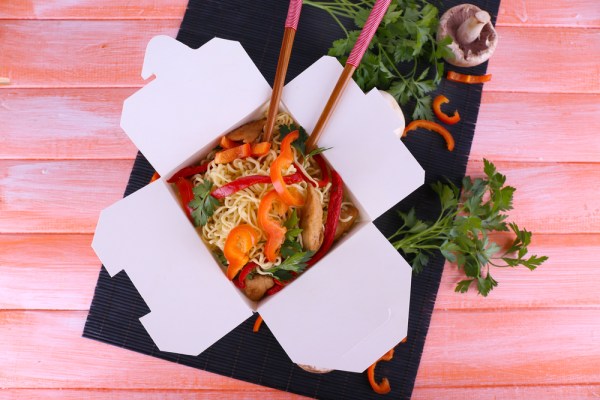UberEATS, the ride-hailing app’s food delivery service, launched today in its first Asian market. Singaporeans can now download the standalone app and order food from about 100 restaurants.
Deliveries are limited to Singapore’s Central Area, its main business and commerce hub, but the company said it will expand its service coverage and menu.
Uber reportedly began signing up restaurants and testing UberEATS in Singapore last month. The app first debuted in Toronto at the beginning of this year before expanding to four major U.S. cities in March.
Singapore was also the first Asian market to get Uber’s ride service back in February 2013. The city-state is tiny, with a population of just 5.4 million, but it was chosen by Uber because it is one of Asia’s top technology hubs and filled with consumers willing to try out new online services.
The question for UberEATS, however, is whether or not curious users will want to stick with it after the novelty wears off. There are already fairly well-entrenched food delivery services in Singapore, like Rocket Internet-backed FoodPanda and Deliveroo, whose investors include Accel and DST Global.
UberEATS’s advantages include the ability to promote itself to people who already have an Uber account and the fact that it relies on the same map-routing algorithms Uber uses to connect drivers and passengers as quickly as possible to avoid canceled rides (UberEATS Singapore promises delivery within 35 minutes). Its tech infrastructure also may help it achieve higher margins than other food delivery companies, which often struggle to balance profit with the high cost of providing on-demand deliveries.
Uber, which has raised $9 billion in funding so far, has said that it plans to become a major hyperlocal logistics player, providing quick deliveries of food and packages instead of just rides.
UberEATS’ delivery driver program is separate from ride-sharing (though drivers can do both) and one of the attractions for potential contractors is that delivering food allows them to find work when demand for rides is usually slow. TechCrunch has contacted Uber to ask if UberEATS operates the same way in Singapore.
